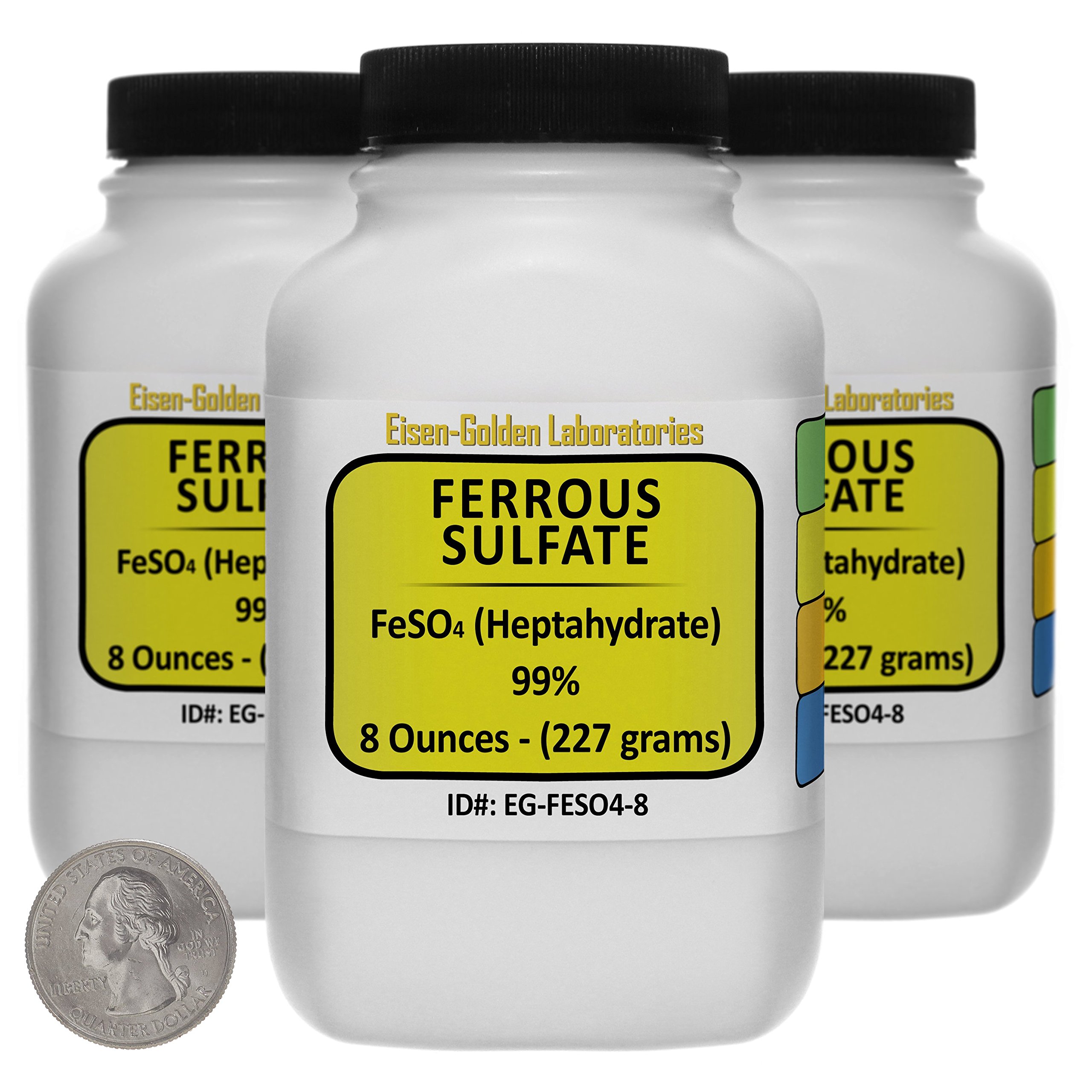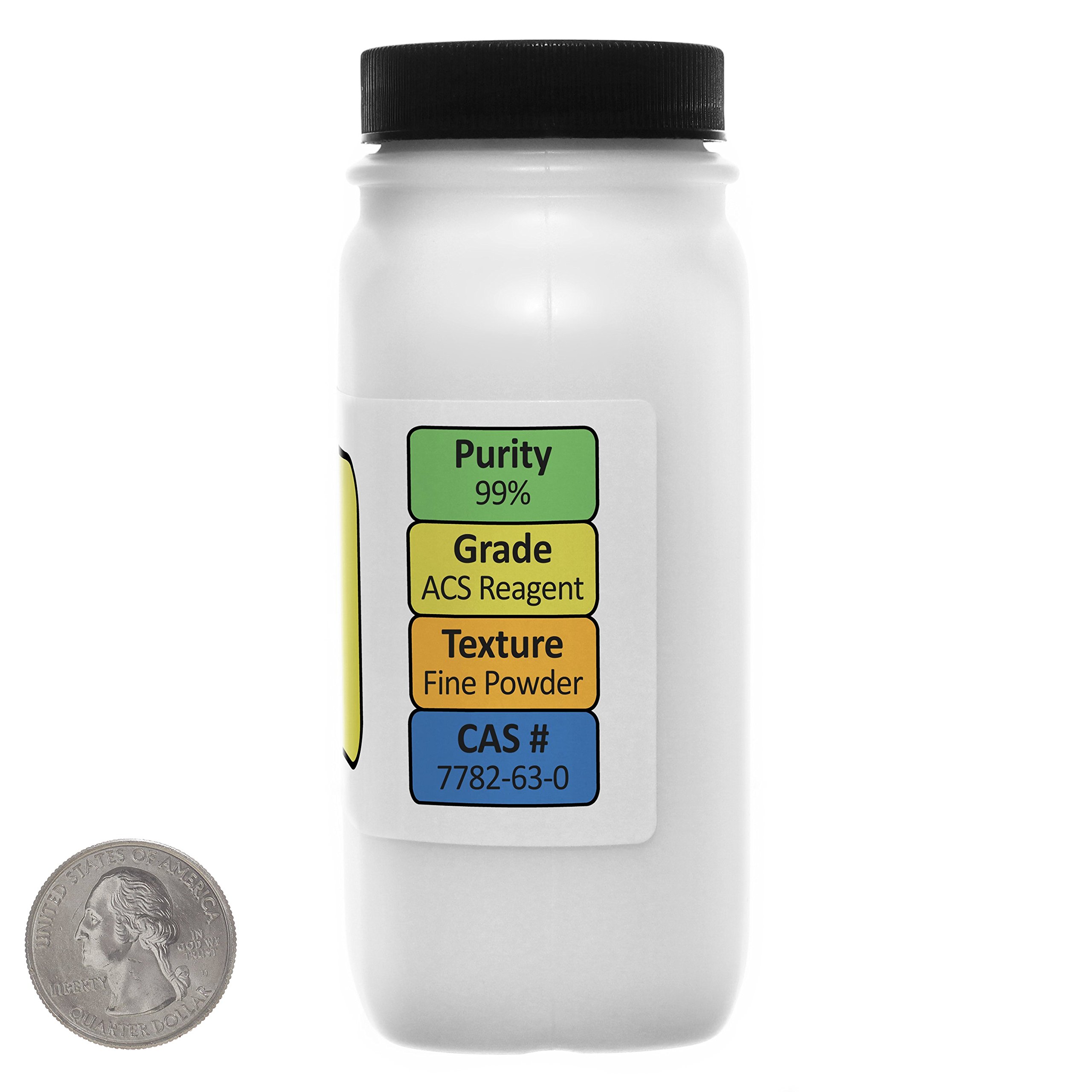Coagulant in wastewater and drinking water treatment
Coagulants are essential chemicals used in water and wastewater treatment to remove suspended solids, colloidal
particles, and other impurities. Their primary role is to destabilize and aggregate fine particles into larger
flocs, which can then be removed more easily by sedimentation, filtration, or flotation.Removes phosphates to prevent algae growth
Phosphates in water bodies act as a key nutrient that fuels the growth of algae and aquatic plants. Excessive
phosphate levels can lead to eutrophication, causing harmful algal blooms that degrade water quality, produce
toxins, and reduce oxygen levels in the water.Aids in heavy metal removal from industrial effluents
Industrial wastewater often contains toxic heavy metals such as lead, cadmium, mercury, chromium, and arsenic,
which pose serious environmental and health risks. Coagulation is an effective and widely used method to reduce
heavy metal concentrations before discharge or reuse.

